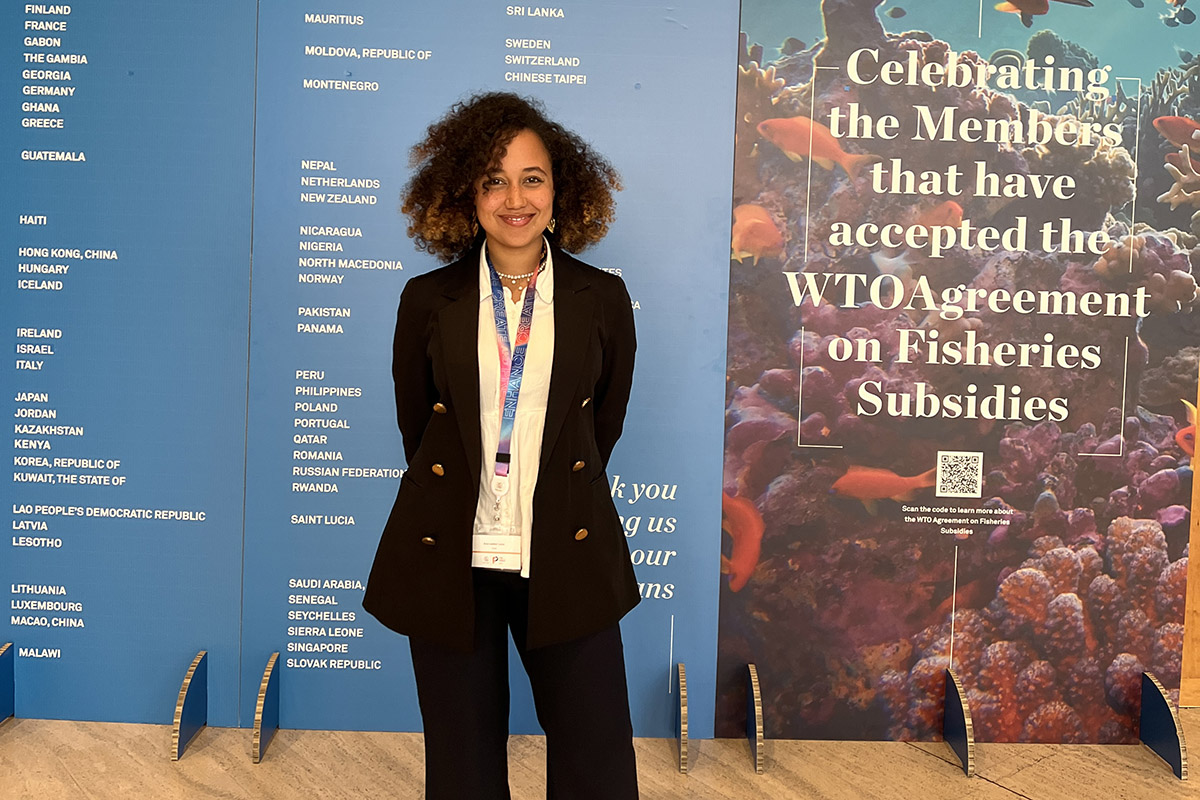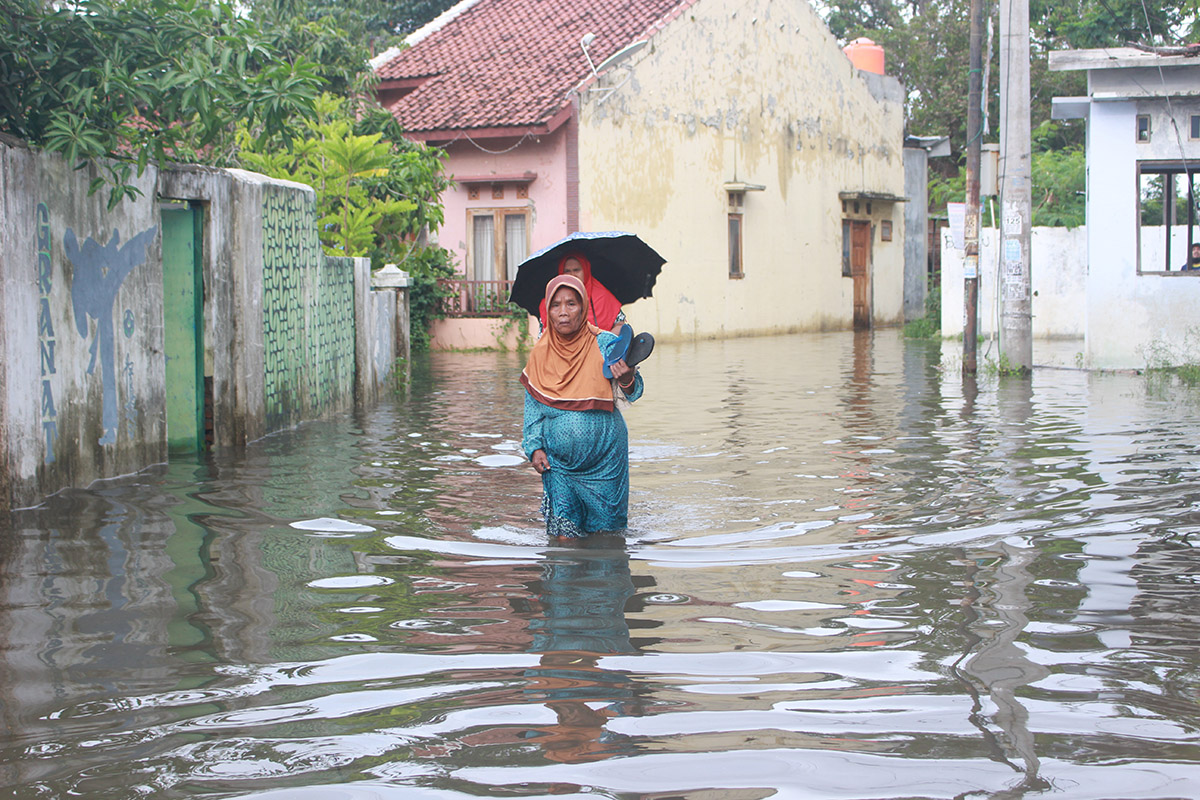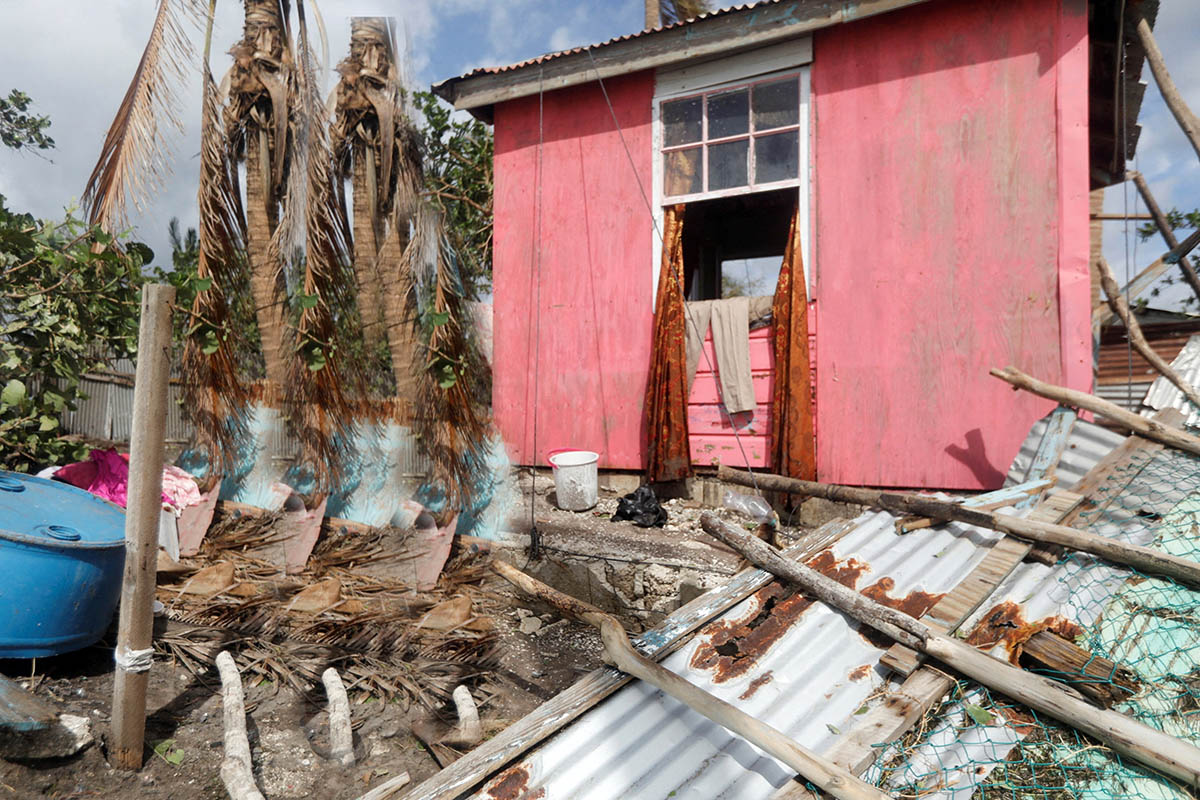Youth, Climate, and Trade: Reflections from the WTO Public Forum
October 9By Lucia Ene-Lesikar, Chair of Commonwealth Youth Climate Change Network (CYCN)
Visiting the WTO Public Forum in Geneva for the first time this September as Chair of the Commonwealth Youth Climate Change Network (CYCN) was both inspiring and grounding. The Forum is one of the most important global gatherings on trade, has long been shaped by policymakers who have been part of the WTO ecosystem since its inception 30 years ago in 1995. Walking into those rooms, you quickly realise how critical it is not just to have young people present, but to invite them in and actively make space for their perspectives.
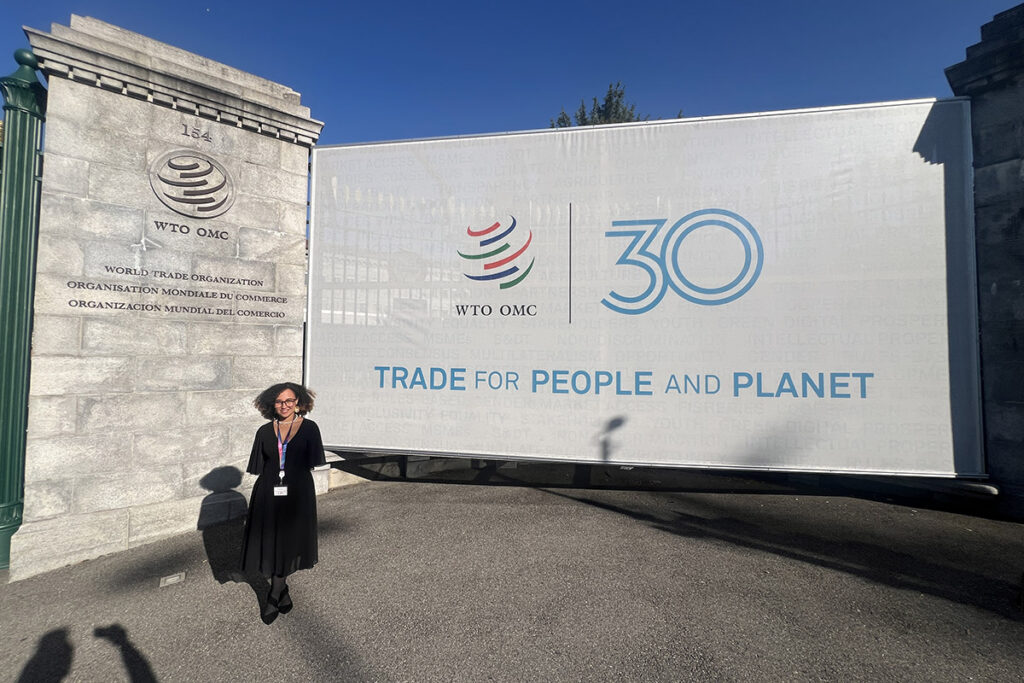
A Youth Perspective
One session stood out for centering youth experiences, the session titled ‘Breaking new ground: priorities for trade’s next generation’. This session centred the perspectives of the WTO Young Trade Leaders, a panel of seven extraordinary changemakers from Rwanda to India, Brazil to Armenia, on their priorities, and the challenges and opportunities in global trade today. I left that session with new connections and a renewed sense of purpose. The truth is, when you don’t see young leaders in these spaces, it feels less possible to imagine yourself there. But witnessing the energy, insight, and innovation of the WTO Young Trade Leaders reminded me that there are incredibly talented young people already shaping the future of trade. As the generation that will live with the consequences of today’s trade regulations, our voices—and those of historically marginalised communities—must not be optional add-ons.
Climate is Not Optional
Climate change was a recurring topic, but it became clear how much further we need to go. Conversations around climate and trade remain siloed, when in reality, climate considerations should be mainstreamed into every trade discussion. Trade is both a driver of economic growth and a significant source of emissions. A highlight for me was a powerful session led by the President-Designate of COP30 (held in Belém, Brazil, this November), Ambassador André Corrêa do Lago, on “COP30: An Integrated Vision for Climate Change and Trade”. In it, he announced the launch of a new Forum on Climate and Trade—independent of both the UNFCCC and WTO—which will convene stakeholders to innovate climate and trade policy.
This year also marked the acceptance of the WTO Agreement on Fisheries Subsidies, a milestone for marine conservation with direct relevance to the Commonwealth—whose members make up roughly a third of WTO countries. For CYCN, this underscores the need for youth-led, climate-conscious trade solutions while amplifying the perspectives of Least Developed Countries (LDCs), Small Island Developing States (SIDS), and Indigenous and local communities for whom trade policies are often a matter of survival. Embedding climate objectives into trade agreements is not just ‘good policy’—it’s a necessity for a just transition to greener global systems. Closing the gap requires all of these voices to help shape the rules. It was also great to see the Commonwealth Businesswomen’s Network at the forum, and it reinforced, the Secretariat’s various affiliated organisations and networks actively participate in such important spaces.
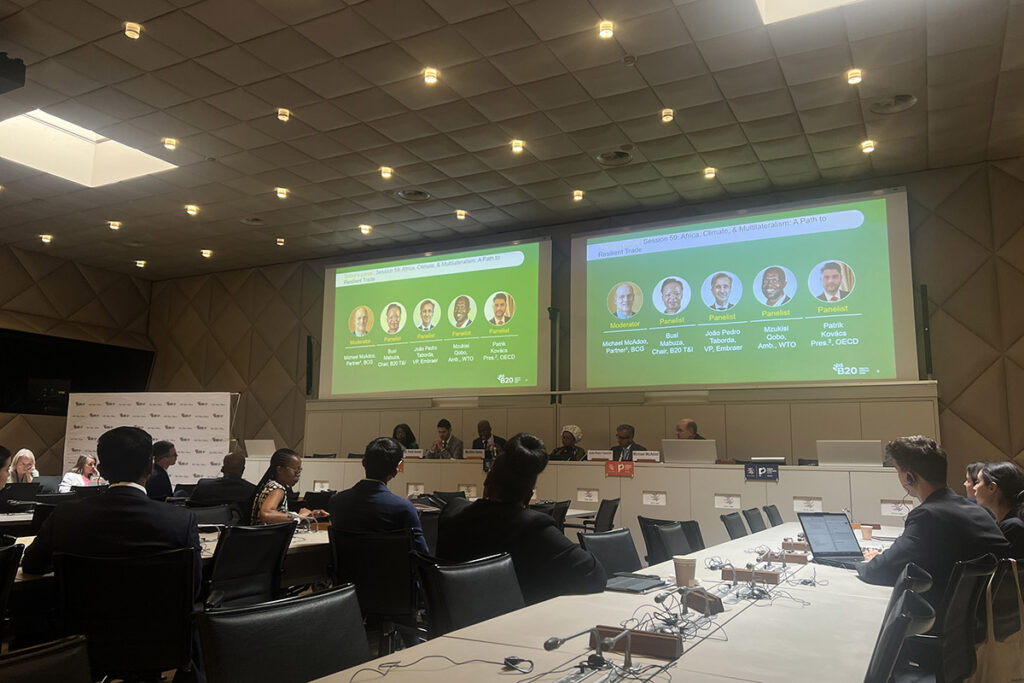
Digital is Critical
The theme for the Forum this year was ‘Enhance, Create & Preserve’, with a focus on ‘how digital advancements are redefining standards within the international trading system and enhancing global connectivity, innovation, and cooperation’. From AI to e-commerce, the discussions explored how technology is reshaping global markets and governance. For many LDCs, digital trade presents opportunities to leapfrog traditional barriers, but only if there is support for upskilling and equitable access. At CYCN, there is an opportunity to explore how the Commonwealth—a network representing over 1.2 billion young people across 56 countries—can champion programs or fellowships to help young people navigate this intersection of trade, technology, and climate. Imagine a Commonwealth-led initiative that equips youth with the skills to drive sustainable digital trade in their own countries.
Private Sector
The private sector also played a more central role at this year’s Forum. From steel manufacturers to giants like Mitsubishi and L’Oréal, and African e-commerce innovators, their presence underscored a critical truth: trade policy cannot be effective if it excludes those who will implement it. Without private sector engagement, theoretically brilliant regulations risk unintended consequences on the ground.
As I left Geneva, I carried with me a sense of urgency and possibility. For the Commonwealth Youth Climate Change Network, being in these rooms is more than symbolic—it allows us to operate from an informed position, build partnerships, and ensure that youth, climate, and equity remain at the heart of global trade.
